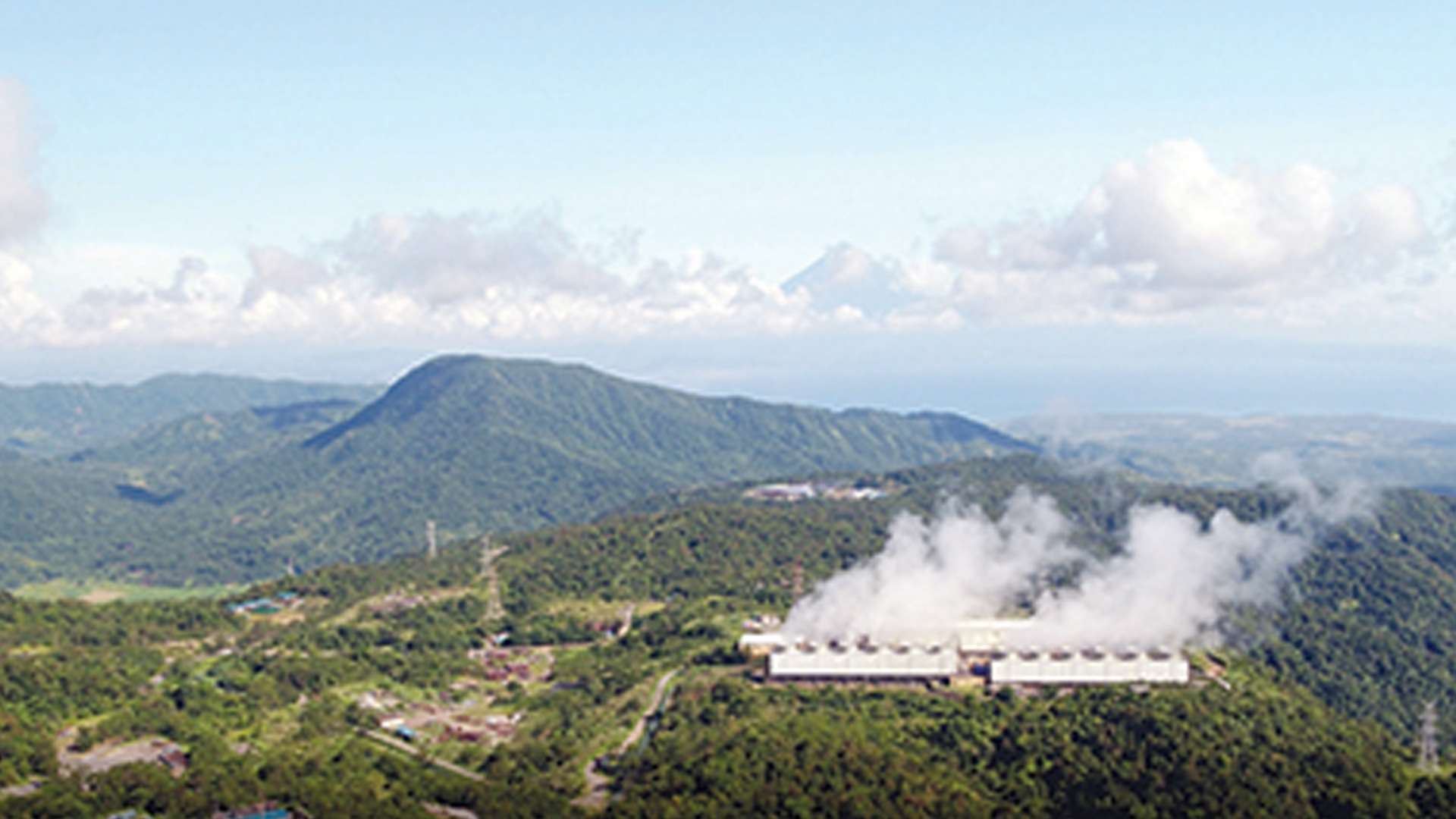Lopez-led geothermal energy leader Energy Development Corporation (EDC) has released its first integrated report (IR) baring its 2019 financial and non-financial performance to measure the value that the company contributes to the ecosystem and to society as it strives towards a regenerative future.
For the past nine years, EDC has reported on its sustainability performance utilizing the Global Reporting Initiative (GRI) Standards, which primarily covers the “triple bottom line” or impact on people, planet and profit. EDC’s new report enhances the discussion and presentation of material issues and disclosures guided by GRI standards with the framework set forth by the International Integrated Reporting Council (IIRC).
The IIRC framework measures the performance and value that businesses have created based on six forms of capital, namely: financial capital; manufacturing capital; human capital; social and relationship capital; intellectual capital; and natural capital.

EDC sees integrated reporting as an essential tool in regenerative development, a globally emerging business principle centered on holistic processes among these various types of capital, building support systems for future growth, and enabling renewal of resources. It goes beyond sustainability and organizational impact on citizens, the economy and the environment, and extends to how the company intends to create value in the short to medium and long term.
“This shift toward an integrated reporting practice reflects EDC’s proactive approach to the long-term growth of the company. We have focused on improving and reporting on our sustainability performance for almost a decade. Today, we understand that sustainability was only the first step in our journey. Now, we shift our focus to regeneration, in the hopes that we can restore the environment we share and create a better future for all Filipinos,” the report stated.
In his message, EDC chairman and chief executive officer Federico R. Lopez said that the move articulates a renewed mission for the company as well as the entire First Philippine Holdings (FPH) conglomerate “to forge collaborative pathways for a decarbonized and regenerative future.”

Being a pure renewable energy company, with geothermal as its primary resource, puts EDC at the heart of the Lopez group’s commitment to decarbonization, which is crucial to fighting climate change.
EDC posted its highest recurring net income of P11.6 billion in 2019 despite enduring challenges in the energy sector. It likewise reported a record high of 9,300.1 Gigawatt-hours (GWh) of total energy sales from 100% renewable energy sources, up by 4.0% from 8,945.3 GWh in 2018. “As a result of all our operational improvements, our EBITDA grew by 15% versus the prior five-year average,” said EDC president and chief operating officer Richard B. Tantoco.
EDC maintains a total portfolio of 1,499.14 MW of clean, 100% renewable energy comprised primarily of 1,204.67 MW of reliable and sustainable geothermal energy, along with 150 MW of wind, 132.5 MW of hydro and 11.97 MW of solar.








